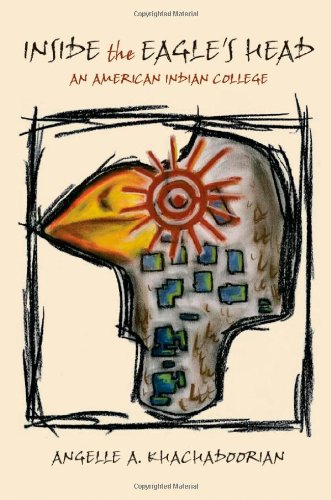

Most ebook files are in PDF format, so you can easily read them using various software such as Foxit Reader or directly on the Google Chrome browser.
Some ebook files are released by publishers in other formats such as .awz, .mobi, .epub, .fb2, etc. You may need to install specific software to read these formats on mobile/PC, such as Calibre.
Please read the tutorial at this link: https://ebookbell.com/faq
We offer FREE conversion to the popular formats you request; however, this may take some time. Therefore, right after payment, please email us, and we will try to provide the service as quickly as possible.
For some exceptional file formats or broken links (if any), please refrain from opening any disputes. Instead, email us first, and we will try to assist within a maximum of 6 hours.
EbookBell Team

4.3
98 reviewsA fascinatingly hybridized institution, SIPI attempts to meld two conflicting institutional models—a tribally controlled college or university and a Bureau of Indian Affairs’ Indian school—with their unique corporate cultures, rules, and philosophies. Students attempt to cope with the institution and successfully make their way through it by using (consciously or not) an array of metaphorical representations of the school. Students who used discourses of discipline and control compared SIPI to a BIA boarding school, a high school, or a prison, and focused on the school’s restrictive policies drawn from the BIA model. Those who used discourses of family and haven emphasized the emotional connection built between students and other members of the SIPI community following the TCU model. Speakers who used discourses of agency and selfreliance asserted that students can define their own experiences at SIPI. Through a series of interviews, this volume examines the ways in which students attempt to accommodate this variety of conflicts and presents an innovative and enlightening look into the contemporary state of American Indian educational institutions.